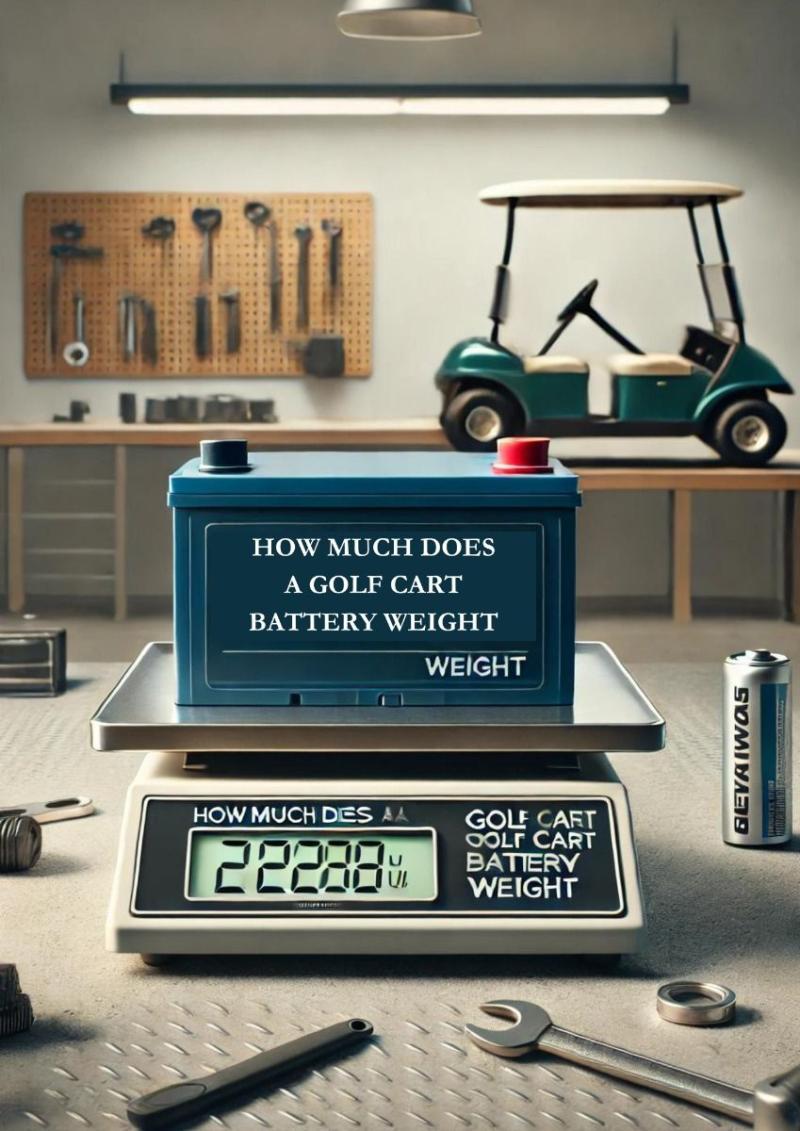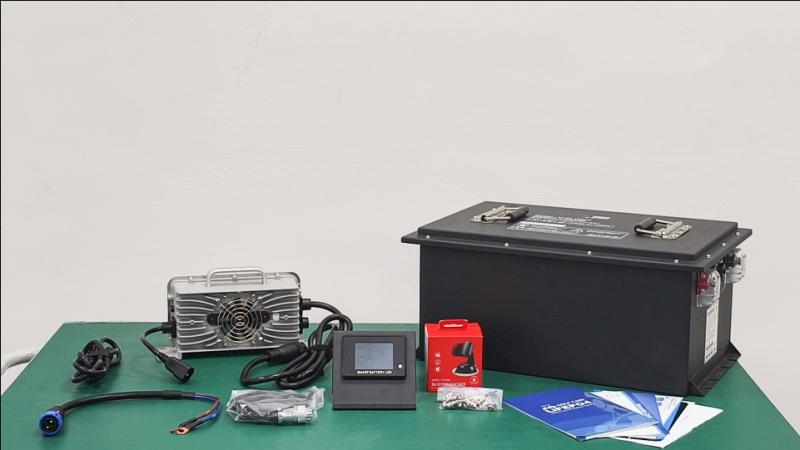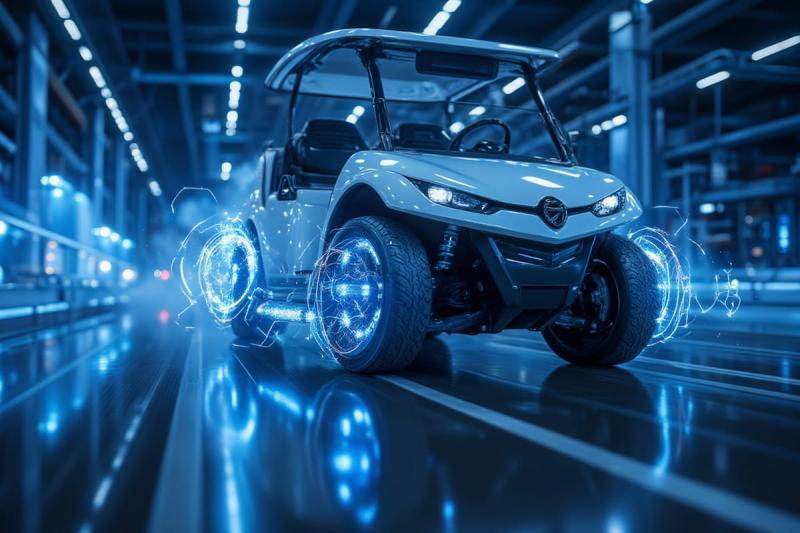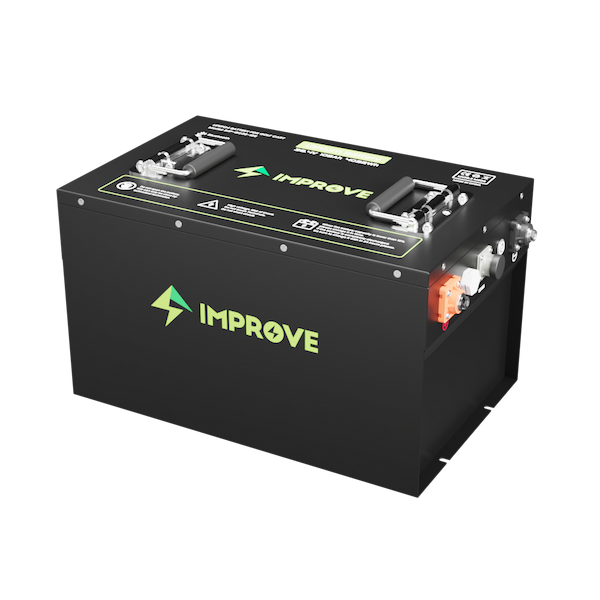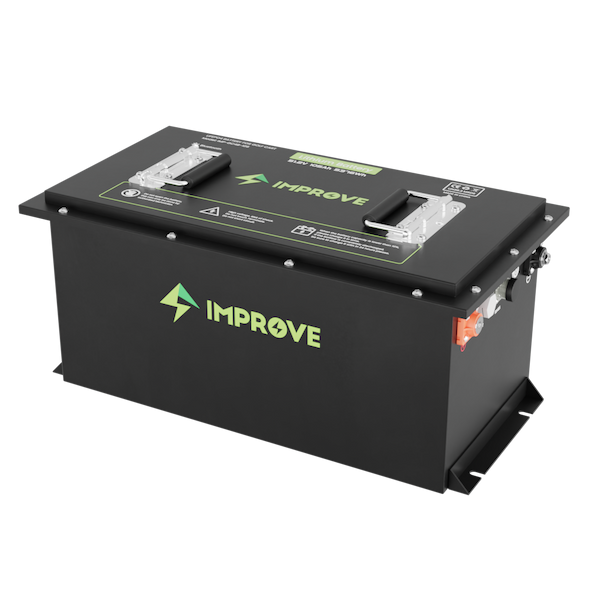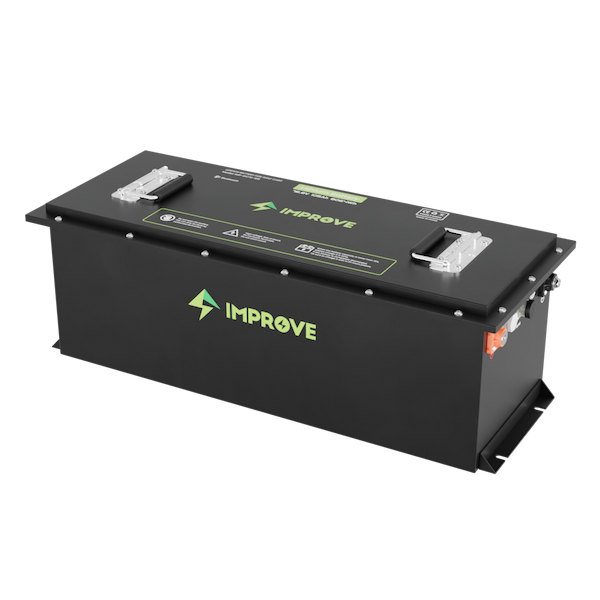Are you considering replacing the batteries in your golf cart and wondering about the weight of these essential components? Golf cart batteries are a crucial part of ensuring your cart runs smoothly and efficiently. Understanding their weight and how it impacts your cart's performance is essential for maintenance and operation.
In this article, we'll delve into the factors that determine the weight of golf cart batteries and why it's important to know this information.
The Weight of Golf Cart Batteries
Golf cart batteries come in various sizes and types, and their weight can vary significantly based on these factors. Typically, a single golf cart battery can weigh anywhere from 50 to 70 pounds (22.7 to 31.8 kilograms). However, it's important to note that this weight can change based on the type of battery, such as lead-acid or lithium-ion, as well as the amp-hour (Ah) rating of the battery.
Factors Affecting Battery Weight
1. Battery Type: Lead-acid batteries are the most common type used in golf carts and tend to be heavier compared to lithium-ion batteries. This is due to the differences in the chemical composition and construction of the batteries.
2. Amp-Hour Rating: The higher the amp-hour rating of a battery, the more energy it can store. However, higher capacity often translates to increased weight. Golf cart batteries typically have an amp-hour rating ranging from 150Ah to 250Ah, and this affects their overall weight.
3. Number of Batteries: Golf carts can be powered by a varying number of batteries, typically ranging from 4 to 8, depending on the cart's voltage and power requirements. The combined weight of these batteries contributes significantly to the overall weight of the cart.
Weight of Lead-Acid Golf Cart Batteries
Golf cart batteries are available in a range of sizes and weights, determined by the cart type and the quantity of batteries required. For 8V golf cart batteries, the weight typically falls between 40 and 80 pounds, varying based on the battery type and cell count.
Commonly, lead-acid batteries, the predominant 8V golf cart battery type, weigh around 40 to 60 pounds. Additionally, the battery weight is influenced by the cart's size and the number of batteries necessary. For instance, a two-seater cart might need two 8V batteries, while a four-seater might require four. Furthermore, the battery weight is contingent on the battery type and cell count, with lead-acid batteries typically comprising six cells and lithium-ion batteries potentially featuring up to 12 cells.
In essence, the weight span of 8V golf cart batteries can significantly fluctuate, hinging on the battery type, cell count, and cart size.
If you're concerned about lifting the battery from your golf cart, consider researching the specific model you own. This will provide you with a clear understanding of what you'll be dealing with before attempting to remove it.
If you have back issues or difficulty lifting for any reason, it's not advisable to attempt lifting a golf cart battery.
How To Remove A Lead Acid Golf Cart Battery
Given the substantial weight of golf cart batteries, it's advisable to seek assistance when removing them. In some cases, you may need to lift the seat, reaching in to extract the batteries. Lifting 40–70 pounds can be more challenging than anticipated. Reinstalling the electric battery is equally demanding, as dropping it could cause damage to both the cart and the battery. Careful lowering into place is essential.
Thankfully, using a battery strap or a specialized battery changing tool can simplify this process. The strap, typically made of rubber, attaches to two clips that secure the battery. By pulling on the strap, the battery can be loosened and removed with ease. This tool significantly facilitates the battery removal process compared to attempting it without such assistance.
The Weight of Lithium Golf Cart Batteries
Lithium-ion golf cart batteries are notably lighter than lead-acid batteries, usually ranging from 20 to 35 pounds.
Lithium golf cart batteries are lighter than lead acid batteries primarily due to the difference in their chemical composition. Lithium batteries use lithium as the primary component in their cells, which has a much lower atomic weight compared to the lead used in lead acid batteries. This results in a significantly lighter overall battery weight for lithium batteries.
Additionally, lithium batteries typically have a higher energy density, meaning they can store more energy in a smaller and lighter package compared to lead acid batteries. These factors combined make lithium golf cart batteries a lighter and more efficient alternative to traditional lead acid batteries.
Below is the information about IMPROVE Golf Cart Lithium Batteries.
| Battery | Weight | BMS | Energy | Dimension |
| 36V 105Ah Lithium Golf Cart Battery | 34 kg (75 lbs) | 200A | 4032Wh | 423*270*259.5 mm |
| 48V 105Ah Lithium Golf Cart Battery | 45 kg (99 lbs) | 200A | 5376Wh | 530*287*254.5mm |
| 72V 105Ah Lithium Golf Cart Battery | 72 kg (159 lbs) | 200A | 8064Wh | 547*287*254.5 mm |
In addition to being lighter in weight, lithium golf cart batteries offer several other benefits compared to traditional lead acid batteries:
1. Longer lifespan: Lithium batteries generally have a longer lifespan and can withstand a higher number of charge-discharge cycles compared to lead acid batteries. This can result in lower long-term costs and reduced frequency of battery replacements.
2. Faster charging: Lithium batteries can be charged more quickly than lead acid batteries, which can be particularly advantageous in applications where rapid recharging is necessary, such as in golf cart fleets used for continuous operation.
3. Consistent power output: Lithium batteries maintain a more consistent power output as they discharge, providing more stable performance over the course of their charge compared to lead acid batteries, which can experience voltage drops as they discharge.
4. Maintenance-free: Lithium batteries require minimal maintenance compared to lead acid batteries, which often need regular checks for water levels, corrosion, and other issues.
5. Environmental impact: Lithium batteries are generally considered more environmentally friendly than lead acid batteries due to their longer lifespan, lower maintenance requirements, and the fact that they do not contain toxic lead or acid.
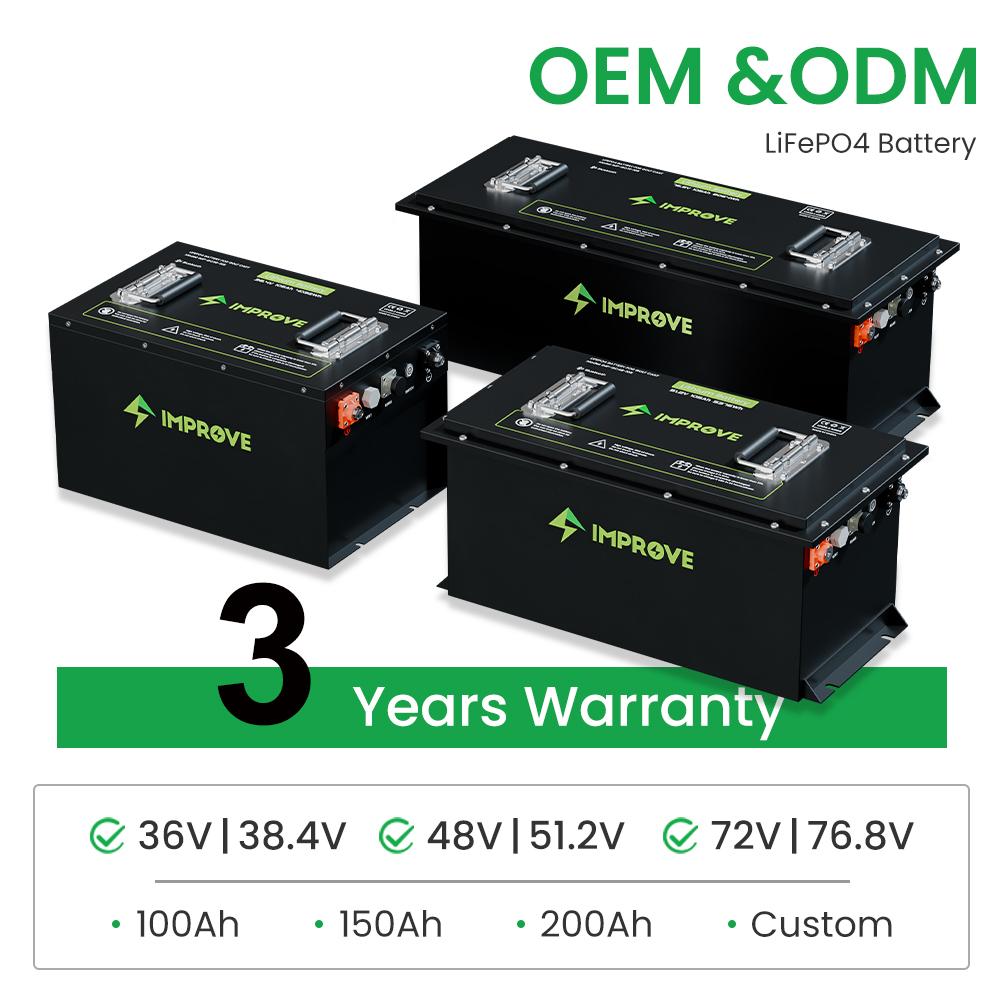
How Does Battery Weight Affect Golf Cart Performance?
1. Speed and Acceleration: Heavier batteries can slow down the acceleration and top speed of the golf cart. The added weight requires more power to move, which can reduce the overall performance.
2. Handling and Maneuverability: A heavier battery can affect the handling and maneuverability of the golf cart. It may make the cart feel less responsive and agile, especially when navigating turns and inclines.
3. Battery Life: The weight of the battery can also affect its own performance. Heavier batteries may experience more strain and wear, potentially leading to a shorter lifespan and decreased overall efficiency.
4. Range: The weight of the battery directly impacts the energy consumption of the golf cart. Heavier batteries may require more energy to move the cart, which can reduce the overall range per charge.
5. Suspension and Wear: The added weight of a heavier battery can put more strain on the golf cart's suspension and other components, potentially leading to increased wear and maintenance requirements.
In summary, while heavier batteries may provide longer run times between charges, they can also have a negative impact on the overall performance and handling of the golf cart. Balancing the trade-offs between battery weight, capacity, and performance is an important consideration for golf cart design and usage.
Is Converting to a Lithium Ion Golf Cart Battery Difficult for My Cart?
Not at all! It's incredibly simple. Lithium batteries are essentially a plug-and-play replacement for your old Lead-Acid Batteries. To install lithium golf cart batteries, all you need to do is remove your Lead-Acid batteries, replace them with your 12V lithium batteries, reattach your cables, secure your holding brackets, and your installation is complete.
When using Lithium batteries, you'll require fewer total batteries to achieve the same power output for your cart, potentially leaving extra space under your seat after the installation. If this concerns you, you can easily order inexpensive battery blanks from us to fill the additional space.
Should I Transition to Lithium for my Golf Cart?
If you're already in need of replacing your batteries, the short answer is: Yes, absolutely.
However, if your current batteries are functioning well, there's no immediate urgency to switch. Nonetheless, there are numerous benefits to making the switch, so we recommend considering the advantages of lithium outlined above to determine if they merit replacing your Lead-Acid batteries.
Are Lithium Golf Cart Batteries Safe?
Absolutely. LiFePO4 (Lithium Iron Phosphate) is one of the safest battery chemistries available. Moreover, all the IMPROVE batteries with a battery management system in each battery to detect any performance issues and shut down any cells not functioning properly. This battery management system also safeguards the batteries from over-charging or under-charging.


